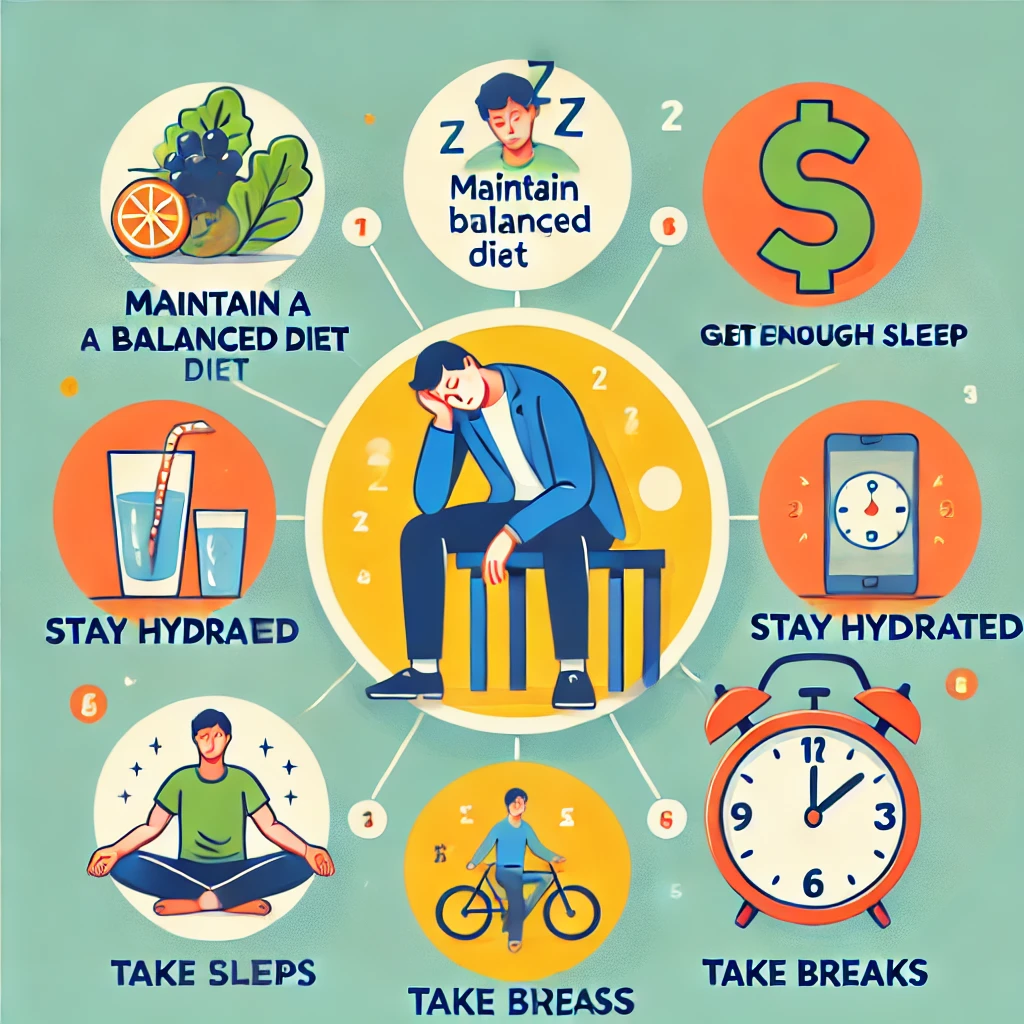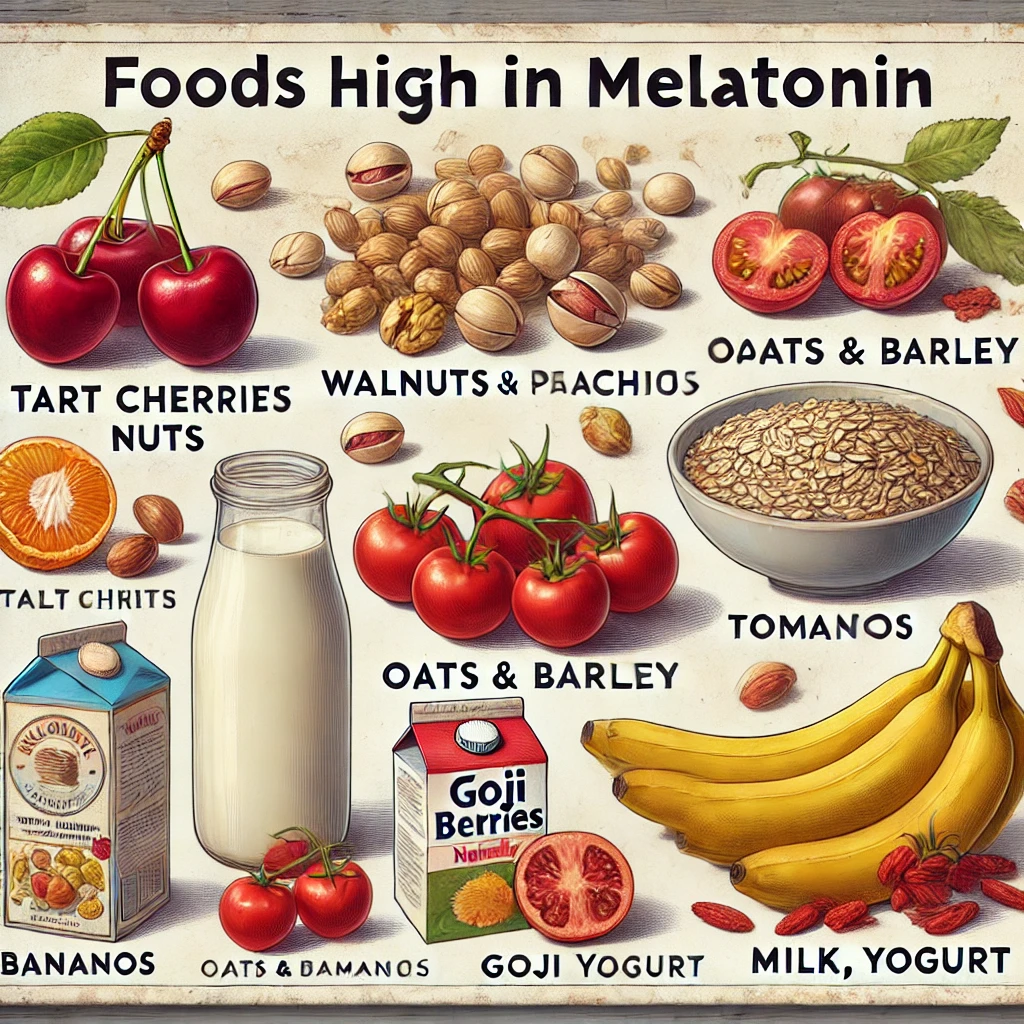Causes of Fatigue in Chronic Kidney Disease Patients and Coping Strategies
Tips and Summary Fatigue in patients with chronic kidney disease (CKD) goes beyond mere tiredness, significantly lowering their quality of life. Causes such as anemia, uremic toxin buildup, electrolyte imbalances, and sleep disorders contribute to… Causes of Fatigue in Chronic Kidney Disease Patients and Coping Strategies



